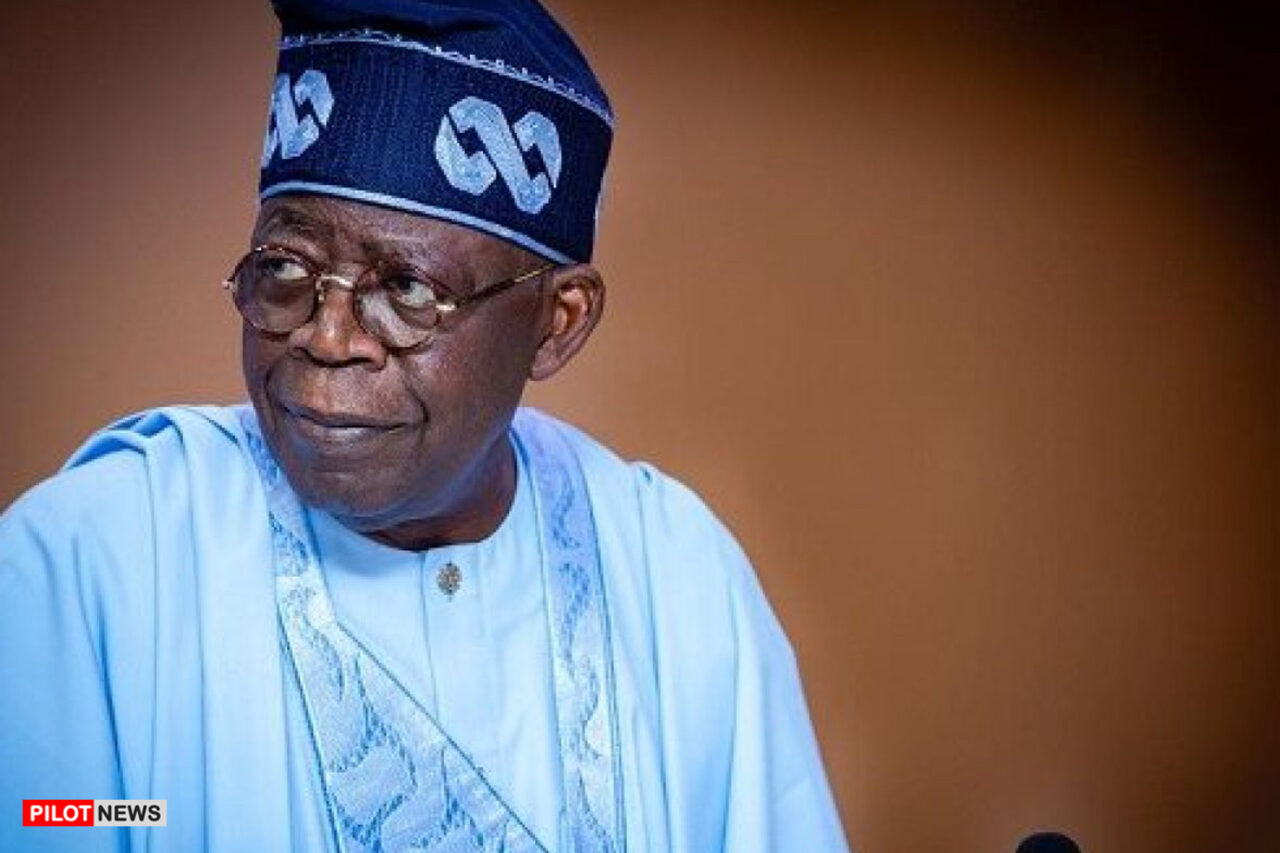The legal team of Atiku Abubakar has highlighted five issues with the academic records of President Bola Tinubu as released by the Chicago State University, CSU.
Atiku, Nigeria’s former vice-president and the presidential candidate of the Peoples Democratic Party in the 2023 general election, asked CSU to release the documents over suspicions that Tinubu forged the certificate he presented to the Independent National Electoral Commission, INEC, that qualified him to run for the election.
At a press briefing on Thursday, Kalu Kalu, Atiku’s counsel, said the discoveries made during the examination of the academic records and the documents submitted to INEC are enough to annul Tinubu’s election and its validation by the presidential election petition tribunal.
Kalu said Atiku’s legal team was able to establish that the CSU certificate Tinubu submitted to INEC was forged.
He said that the Southwest College transcript the President used to gain admission into CSU identified him as a female and so cannot belong to him.
The lawyer also revealed that Tinubu claimed to have attended Government College in Lagos State and graduated in 1970 in his CSU admission form whereas the school was established in 1974.
Kalu further said the same admission form indicated that the student was a black American, and therefore could not belong to Tinubu because he denied having dual citizenship in a document submitted to INEC.
Lastly, Kalu said the admission form has a different name for the initial ‘A’ from the National Youth Service Corps, NYSC, discharge certificate Tinubu submitted to INEC. While the former has ‘A’ as Ahmed, the NYSC certificate has Adekunle.
Meanwhile, Atiku has vowed not to retreat from challenging Tinubu’s election until the Supreme Court gives its verdict. “I will only drop the fight when the court rules,” he said at Thursday’s press conference, “If the court rules that I am right, or if the court rules that he is right, that is the end of the fight. At the moment, we are at the Supreme Court and there is not any higher court than that.”
The case before the Supreme Court must be decided on or before December 6, 2023, as stipulated in the Electoral Act, 2022.
- Civil Society Group to Stage Protests in Kaduna Against El-Rufai - March 2, 2026
- Oil Prices Hit $79, Surpass Nigeria’s Budget Benchmark - March 2, 2026
- A Decade After Chibok Abduction, Documentary Spotlight Parents’ Pain - March 2, 2026

